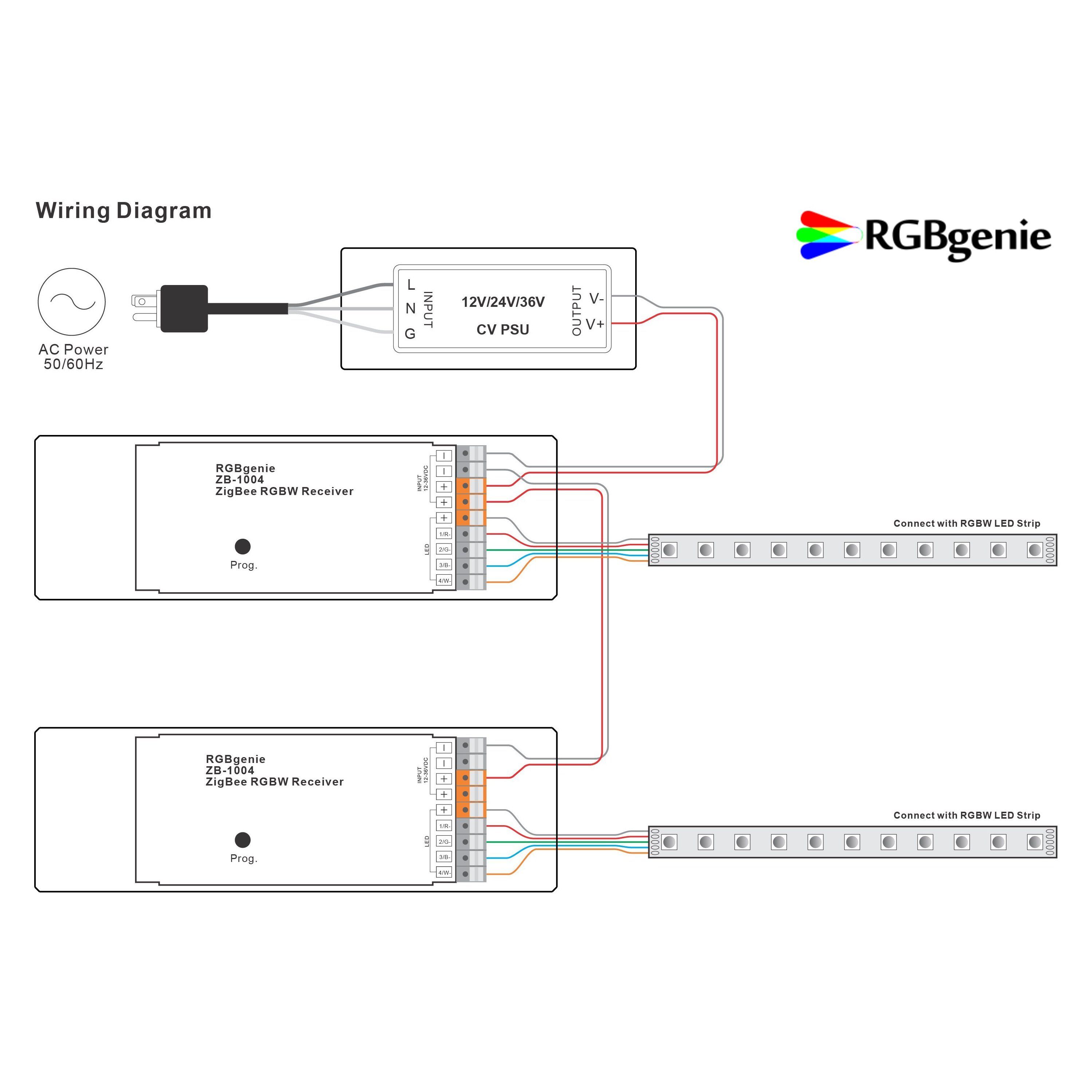Introduction
The proliferation of the Internet of Things (IoT) has ushered in an era of interconnected devices, transforming various aspects of our lives. Among the key technologies driving this transformation is Zigbee, a wireless communication protocol designed for low-power, low-data-rate applications. CP210x.ko, a Linux kernel module, plays a pivotal role in enabling Zigbee device control, connecting these devices to computers and facilitating seamless communication. This essay will critically examine the complexities of CP210x.ko, exploring its architecture, functionalities, advantages, limitations, and security implications.
Architecture and Functionalities
CP210x.ko is a kernel module that interfaces with CP210x USB-to-UART bridge chips manufactured by Silicon Labs. These chips provide a convenient and cost-effective way to establish serial communication between Zigbee devices and computers. CP210x.ko primarily serves as a software bridge, handling communication between the USB host controller and the CP210x chip.
Once loaded into the kernel, CP210x.ko creates a virtual serial port device (/dev/ttyUSB0) that applications can use to interact with Zigbee devices. The module provides a set of ioctl commands to control the serial port settings, such as baud rate, data format, and flow control. Additionally, it supports advanced features like hardware flow control and line status change notifications.
Advantages and Limitations
CP210x.ko offers several advantages for Zigbee device control. Firstly, it provides a simple and reliable way to establish communication between computers and Zigbee devices. By abstracting the low-level USB communication details, it simplifies the development of Zigbee applications.
Secondly, it is a widely supported module, compatible with various Linux distributions and Zigbee devices. This broad compatibility makes it a versatile solution for a wide range of IoT applications.
However, CP210x.ko also has some limitations. One significant limitation is its dependency on the CP210x USB-to-UART bridge chip, which can introduce additional hardware costs. Additionally, the performance of CP210x.ko can be affected by factors such as USB bus speed and host computer load, potentially impacting the reliability of Zigbee communication.
Security Considerations
The security of CP210x.ko is crucial for protecting connected Zigbee devices and the broader IoT ecosystem. One potential security vulnerability arises from the fact that CP210x.ko operates in kernel mode, granting it privileged access to the system. This raises concerns about potential exploits that could compromise the kernel or the connected Zigbee devices.
Furthermore, CP210x.ko relies on serial communication, which is inherently less secure than encrypted protocols.
Gypsy Rose & Nick Godejohn: The Shocking Crime Scene Images
Download Eclypse Designer For Niagara 4: Free & Safe?
Effortless Paho MQTT C++ Installation: Your Step-by-Step Solution



